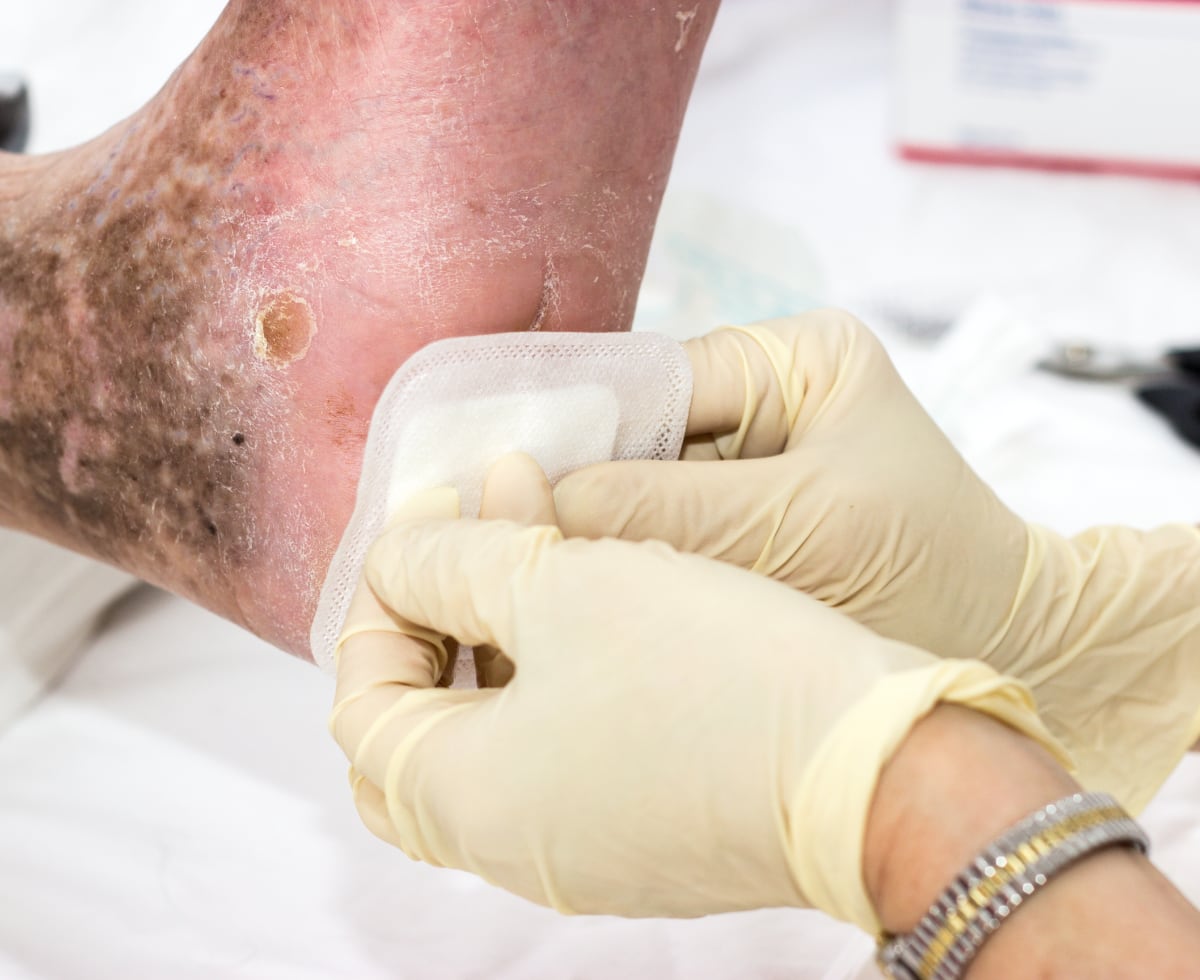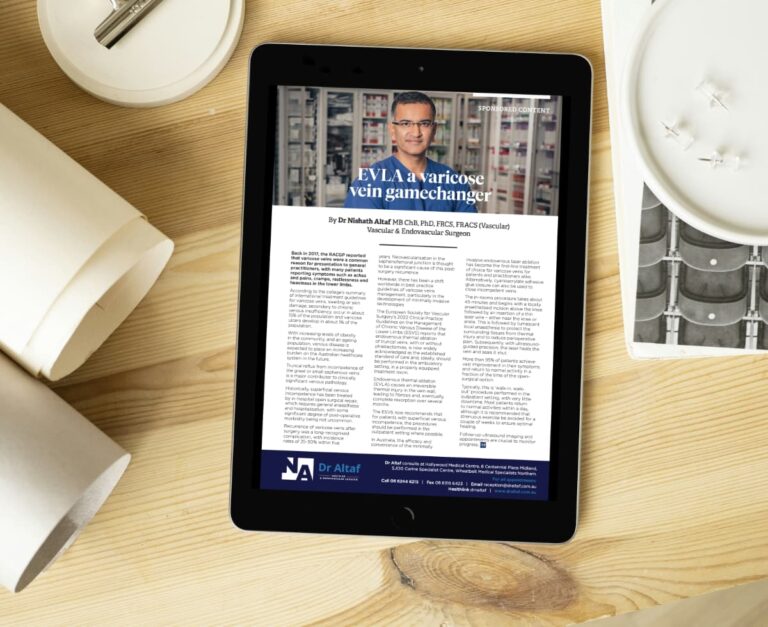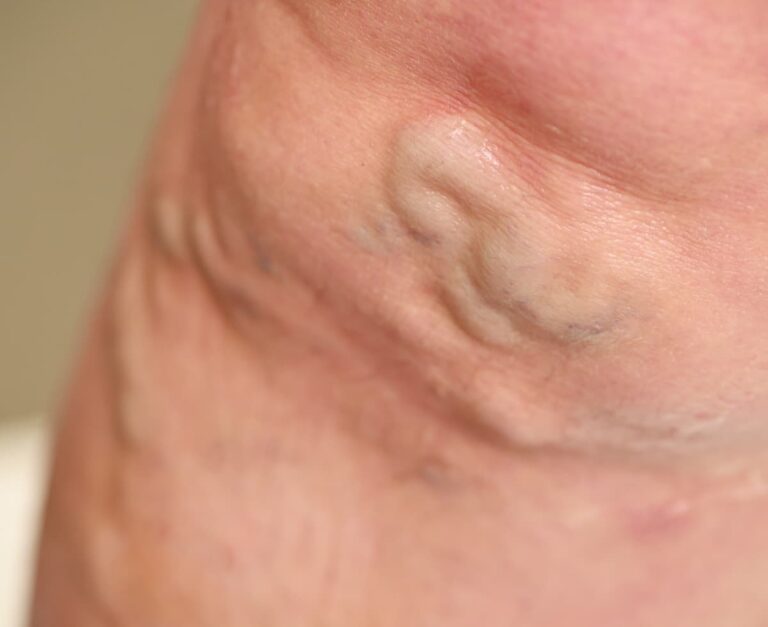Diabetic foot vascular surgery Perth
Ulcers and diabetic foot disease: this is what you need to know


Diabetic foot disease
Diabetes complications
When you have diabetes, it is important to take extra care of your feet. That’s because diabetes can lead to complications that affect the feet.
A well-known complication is foot ulcers. Essentially, they are open sores or wounds, caused by breakdown of the skin in the foot. They are concerning due to several reasons.
Here’s an overview:
Increased risk of infections
High or fluctuating blood sugar levels can weaken your immune system, making it harder for your body to fight of infections.
When you have a foot ulcer, which is an open wound, you may be more prone to infection. Moreover, diabetes can make it harder to fight off these infections. For that reason, it is important to manage your blood sugar levels.
Diabetic neuropathy
High blood sugar levels in diabetes can cause damage to the nerves affecting your feet. This nerve damage can result in a loss of sensation or a reduced ability to feel pain in your feet. When that happens, a foot ulcer may go unnoticed, and the injury can worsen, deepen and become infected.
Additionally, diabetes can affect the nerves that control the muscles in your feet. This could cause a change in the shape and structure of your feet, creating pressure or rubbing within your feet, and potentially leading to foot complications.
Peripheral vascular disease

Vascular Surgeon Perth
Adjunct Clinical Associate Professor at Curtin University

Diabetic foot vascular surgery
How are foot ulcers treated?
The aim is always to heal the wound as quickly as possible and prevent any further injuries.
Treatment options
- Diabetes management: Monitoring your blood sugar levels through medication, diet and exercise.
- Antibiotics: If an infection is present you may need antibiotics.
- Wound care: You may need cleaning of the wound (or debridement) and ‘wound offload’ by reducing the pressure on the wound.
- Endovascular surgery: You may need procedures to open the blood supply to your feet. This may require key-hole endovascular surgery to open the blood vessels using balloons or stents. Sometimes you may need a bypass operation to improve the blood supply.
- Amputation or skin grafts: In severe cases where the foot ulcer is not responding to other treatments or if there is extensive tissue damage, amputation may be considered. Skin grafts may also be utilised to promote healing and cover the wound.
- Reconstruction surgery: You may also need reconstruction of your bones in your feet or tendon lengthening to heal your wound.
When to see a vascular surgeon?
When you suspect a foot ulcer, you would see your GP or podiatrist first.
When there are underlying vascular issues or compromised blood flow, your GP or podiatrist may refer you to a vascular surgeon.

Diabetic Foot Vascular Surgery Perth
Dr Altaf and diabetic foot treatment
Dr Altaf works as Head of department at Royal Perth Hospital and their MDFU, which is one of the longest running MDFU units in WA. Dr Altaf deals with very complex wounds and teams up with podiatrists, endocrinologists, infectious disease and wound care specialists, plastic surgeons and orthopaedic surgeons.
Dr Altaf also works in the Multidisciplinary Complex Foot Service at St John of God Midland Hospital, which manages and coordinates the care for acute and chronic foot problems.

About
Dr Altaf
As a vascular surgeon, I believe there is no one size fits all. This means appointments take as long until you fully understand the condition and are happy with my approach to get you the best treatment option.


